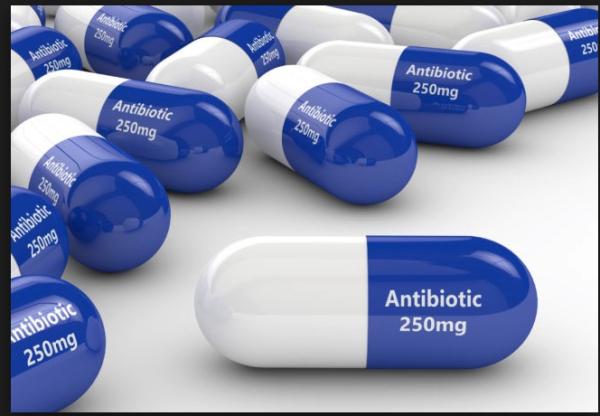Antibiotic resistance is not going away. The CDC estimates that we lose 23,000 American lives every year and $20 billion in excess costs to the problem of resistance. Most experts, myself included, believe this is a vast underestimate. The O’Neill commission in the UK estimates that globally we lose 700,000 lives a year today to resistance. They noted that if current trends continue, we will see over 10 million deaths and one hundred trillion dollars in lost GDP globally by 2050. Ultimately, we will end up in a world where simple surgery, cancer chemotherapy, wounds of war and routine medical treatment will become dangerous because of the lack of antibiotics available to treat common but resistant infections.
At the same time, investment in antibiotic research and development is at an all-time low. Between 2000 and 2010 all but a few large pharmaceutical companies had jettisoned their antibiotic research efforts. In recent years, AstraZeneca, Sanofi, and J&J all followed suit. The Medicines Company and Allergan disinvested within the last year and more companies are likely to follow soon. This is mainly due to lack of market incentive to pursue antibiotic research. Private investors have heard this message and consequently, private funding of biotech is in danger as well.
Even though public funding of antibiotic research has increased in the past few years, there is no way to bring any resulting products to market without the participation of the private markets.
To solve this impasse, government must act. They tried previously with the GAIN (Generating Antibiotic Incentives Now) Act of 2012. Its major financial incentive was an extension of years of market exclusivity for a new antibiotic. The GAIN act did not work because extending exclusivity on a non-profitable product is not an incentive. Some sort of market entry reward is required to fix the broken antibiotic marketplace and re-incentivize private investment in antibiotic research.
This brings me to REVAMP (re-valuing antimicrobial products). This bill, proposed in the US House of Representatives by Rep John Shimkus, R-Ind. and Rep Tony Cardenas, D-Calif. represents the most important advance in pull incentives since we began discussing them. AND – it's my preferred incentive – a transferable exclusivity voucher. They express it differently – they call it an exclusivity conveyance - but it adds up to the same thing. If a company gets an antibiotic approved and that new product addresses a priority medical need as determined by the CDC priority list, the company would receive up to 12 months additional exclusivity on that product. BUT – that additional exclusivity must be conveyed (transferred) to another product or products. It looks like the exclusivity could also be “conveyed” to other parties – “the holder of a conveyed exclusivity extension period may sell, exchange, convey, or hold for use, such period.”
This incentive is extremely effective because it could be worth billions of dollars. As an example, if Abbvie licensed a new priority antibiotic that had been approved by the FDA, they could receive up to 12 months of additional exclusivity on Humira, their anticancer drug that is now bringing in over $15 billion per year. And, because it is transferable between companies, this reward provides an incentive for investment in start-ups and biotech since large pharma will have a strong incentive to license any product that meets the CDC and HHS criteria.
There are a few conditions for the award –
- Ensure availability of product for susceptibility device manufacturers
- Identify, track and publicly report product resistance data and trends
- Develop written guidelines and procedures for products appropriate use, which includes appropriate promotion practices, education, surveillance, monitoring, and stewardship.
- Develop education and communications strategies for health care professions about appropriate use
- Submit a stewardship activity assessment to the agency every two years
- Contribute five percent of the total value of consideration received from the conveyance to the Foundation for the National Institute of Health for early stage antimicrobial research.
The justification for the conveyance of exclusivity to products other than antibiotics is simple. Many other therapies depend on our ability to treat infections. Without this, the treatment of cancer, autoimmune disease including arthritis, and simple routine surgeries become a much higher risk. The risk of wounds of war also would take us back to civil war days without effective antibiotics.
The bill is limited to 10 such awards. After the fifth year post-enactment or the fifth award, whichever should come first, the GAO is to evaluate the effectiveness of the program for developing priority antimicrobials and shall examine the indications, usage, development of resistance and overall societal value of the priority products that have received this award.
If you would like your representatives in Congress to vote for this bill, please, contact them and express your support! The cost of doing nothing to fix the broken antibiotics market is too horrible to contemplate.




